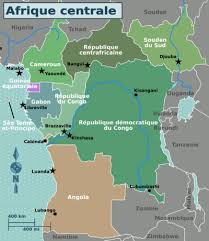Central African countries consider climate change as an aggravating circumstance for malaria threats, according to the results of a survey called Malaria Futures for Africa (MalaFA ) seen by APA on Thursday.
By Félix Cyriaque Ebolé Bola
Malaria experts fear that climate change will increase the threat from the disease in the countries covered by the survey, namely Cameroon, the Democratic Republic of Congo (DRC), the Republic of Congo and Rwanda.
They also recommend improved monitoring and programme delivery to accelerate progress.
Respondents in these countries are concerned among other things about poor access to health services, insufficient trained personnel, and inferior or falsified anti-malarial drugs, and undiagnosed self-treatment with the risk of rapidly developing resistance to treatment.
Similarly, several public actors such as senior officials, programme managers or researchers note that national and international funding is a priority.
Already, Richard Nchabi Kamwi, ambassador of eight southern African countries, members of the “Elimination” initiative to eradicate malaria by 2030, insists on strong political leadership, resilient health systems and the mobilisation of additional resources.
However, the arrival of essential resources and the pledges made during the 6th replenishment of the Global Fund to Fight AIDS and Tuberculosis in Lyon, France, are encouraging signs, as is the fact that countries such as Cameroon and the DRC have been identified by the World Health Organisation (WHO) and the Roll Back Malaria Partnership (RBM) as working strongly to head off these scourges.
FCEB/odl/te/lb/as/APA


